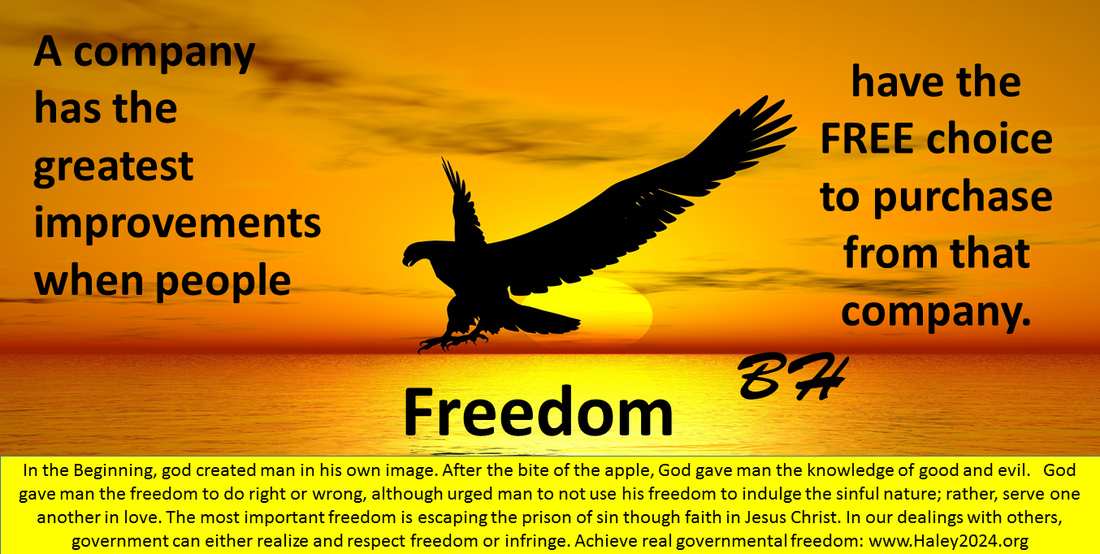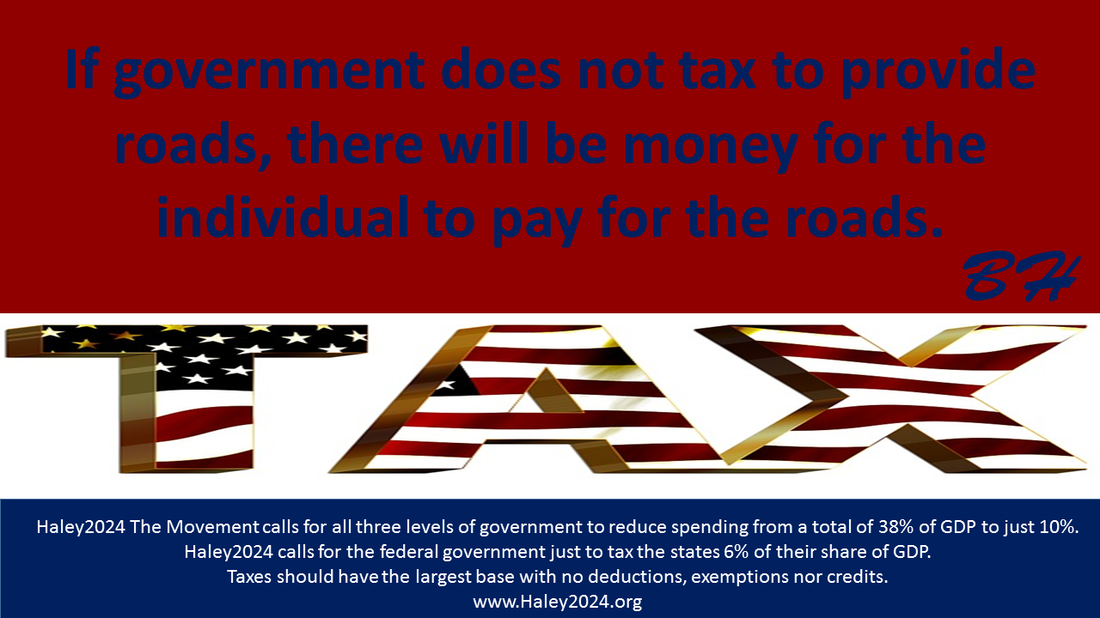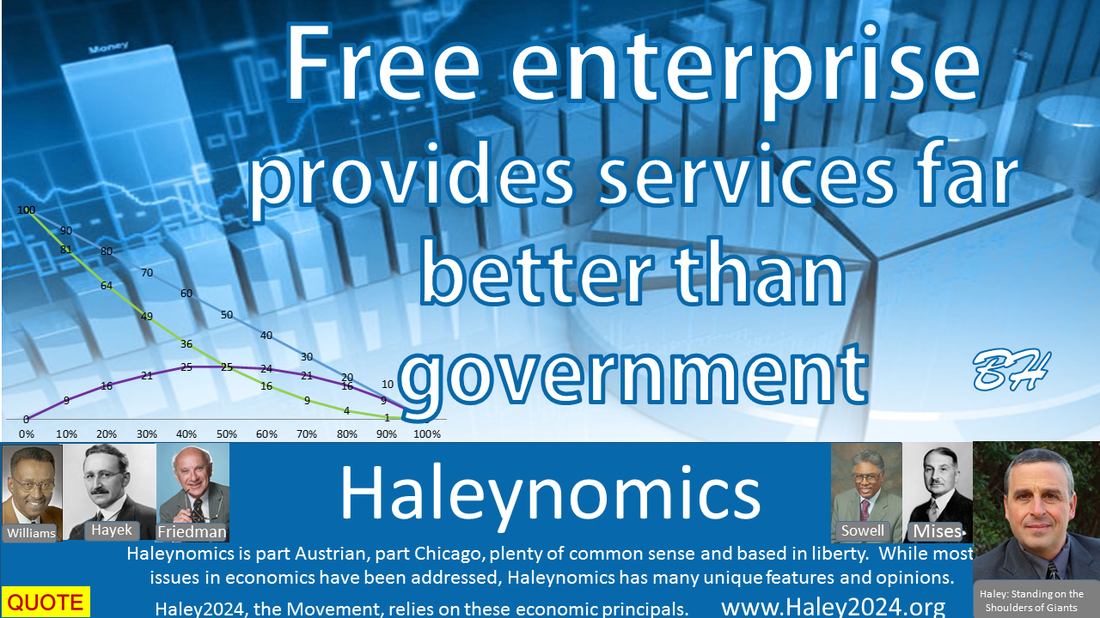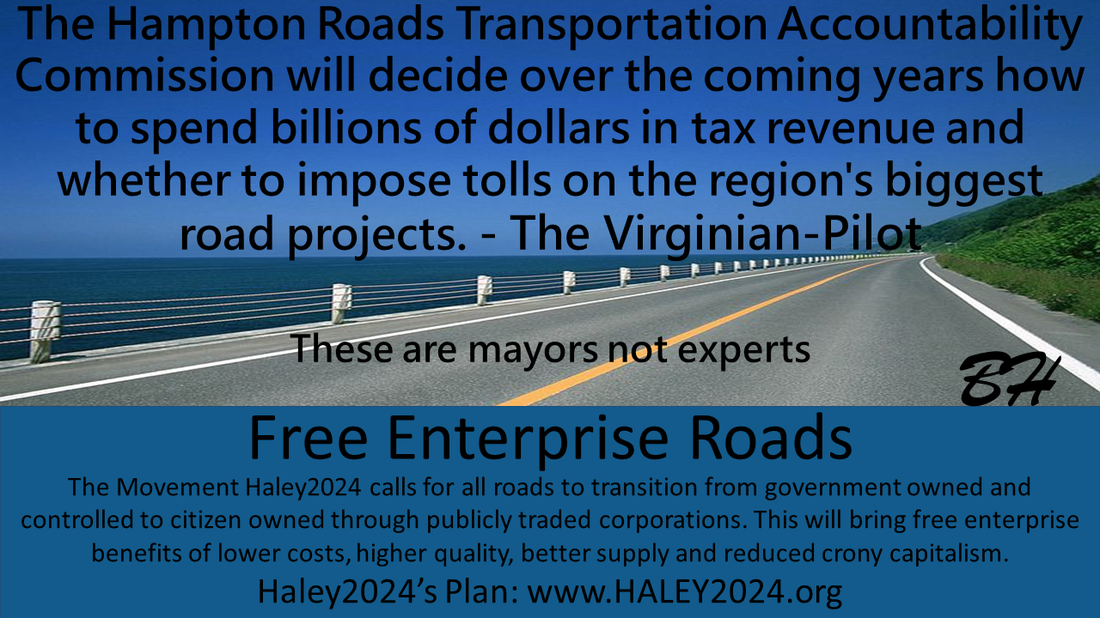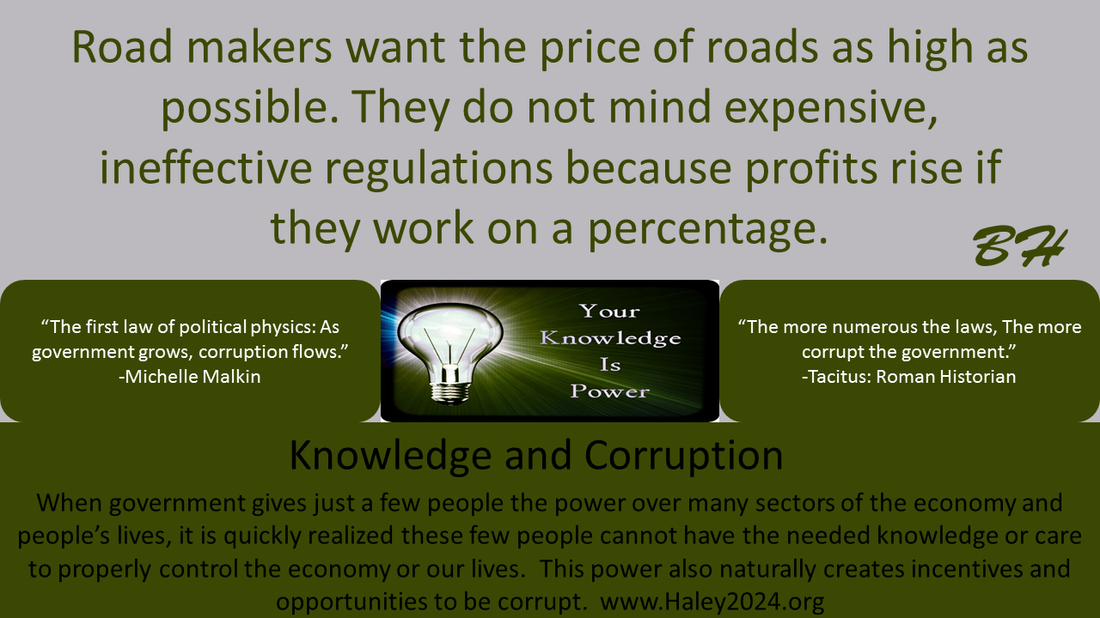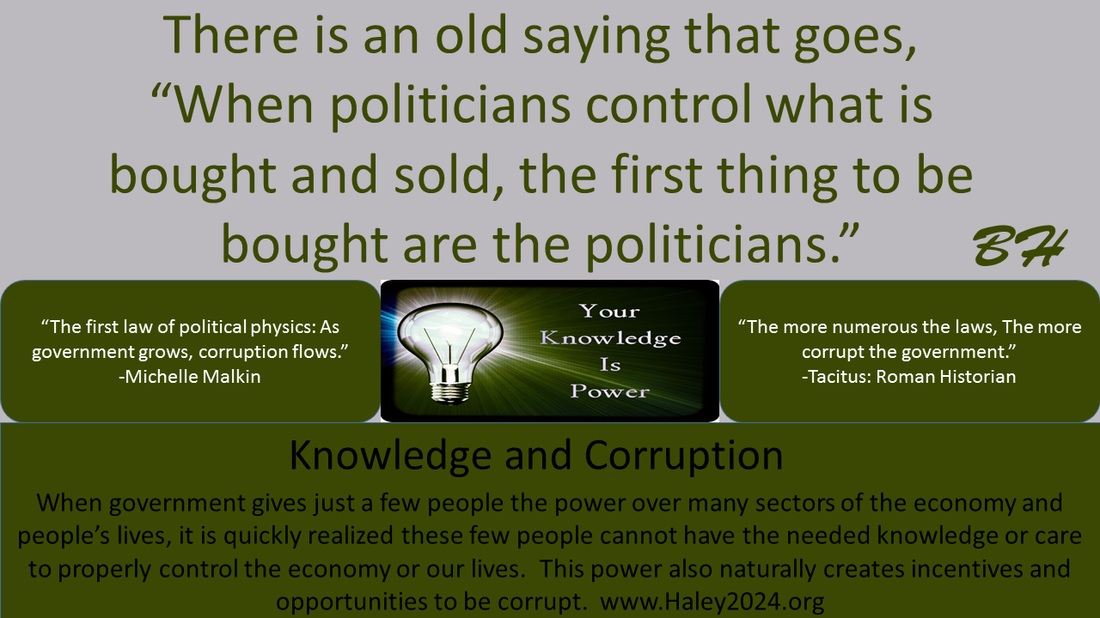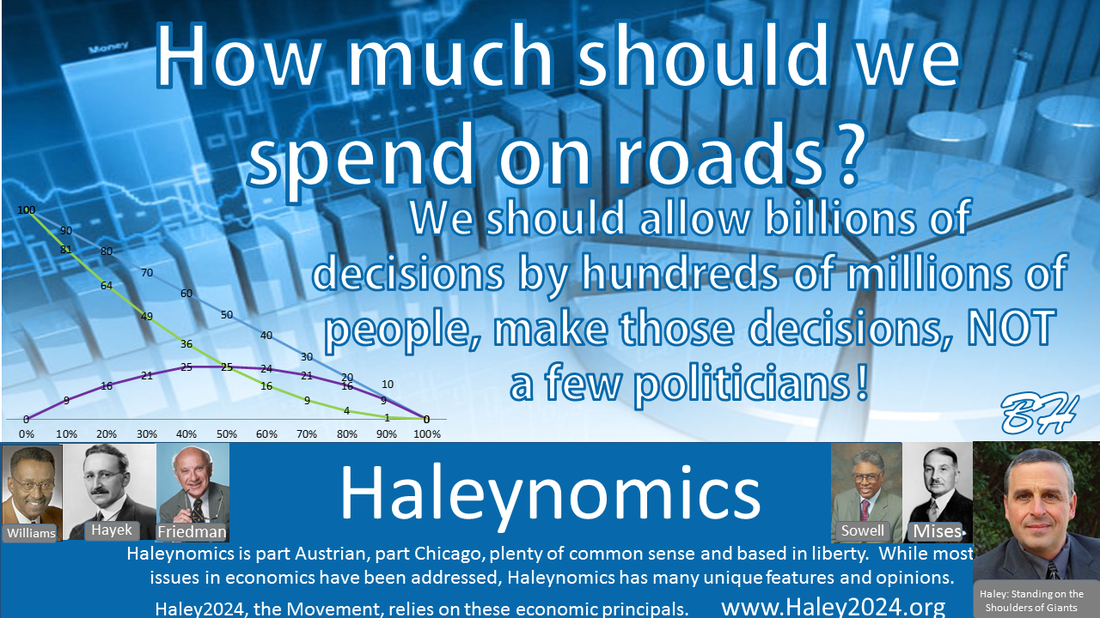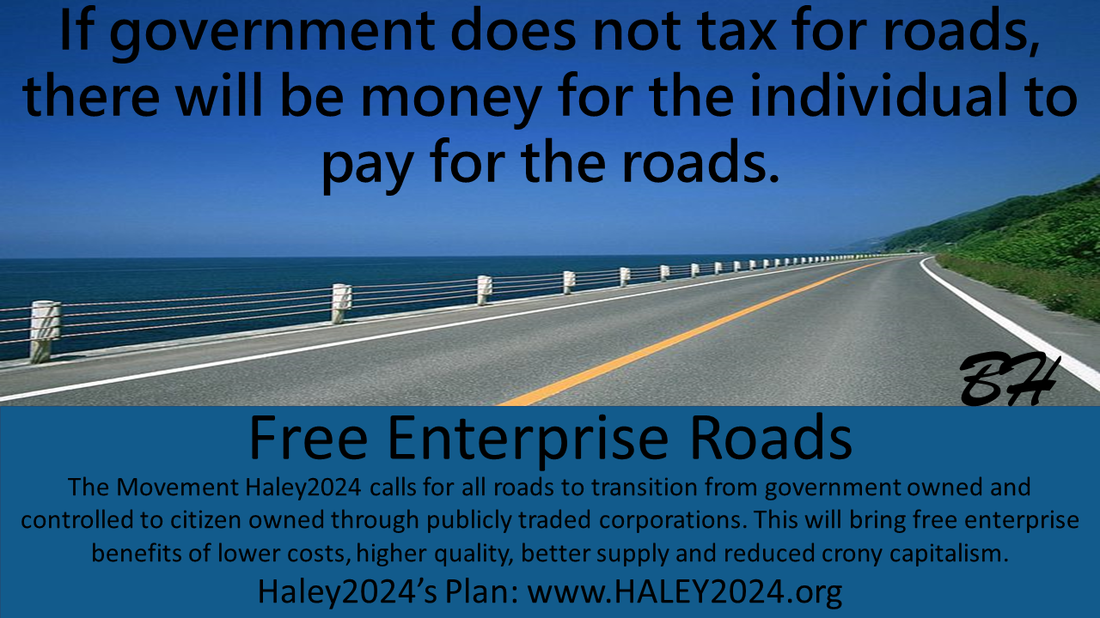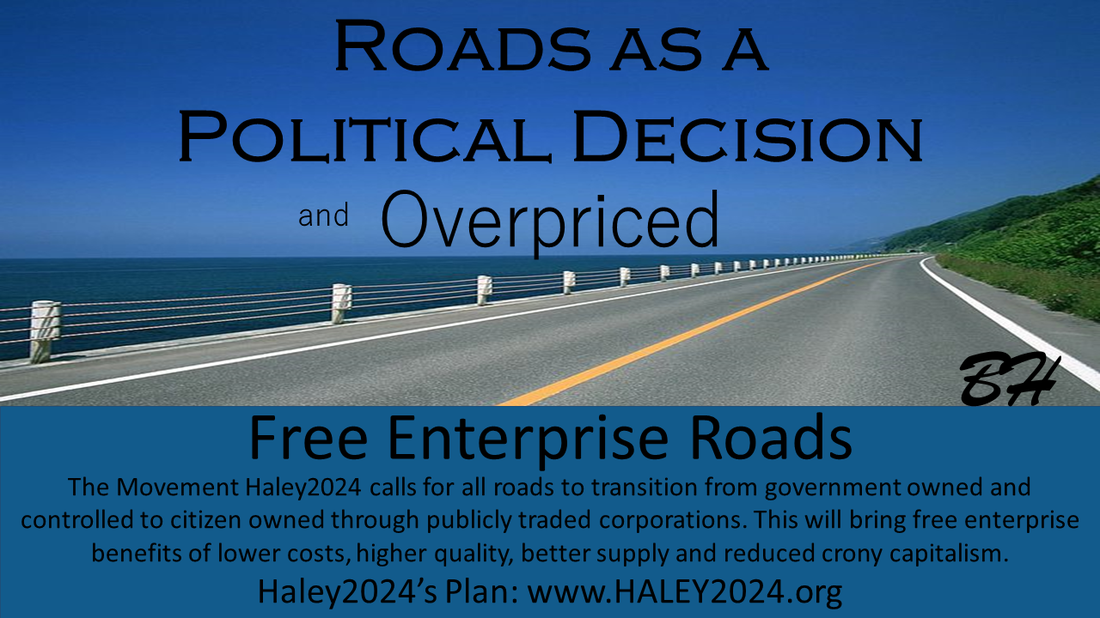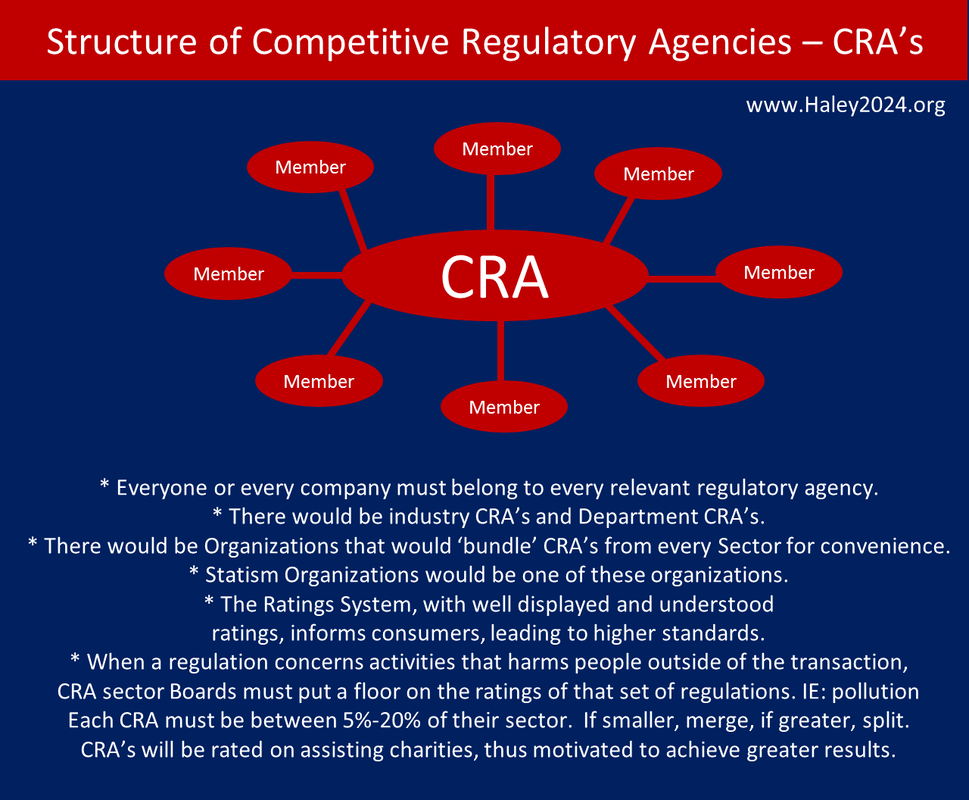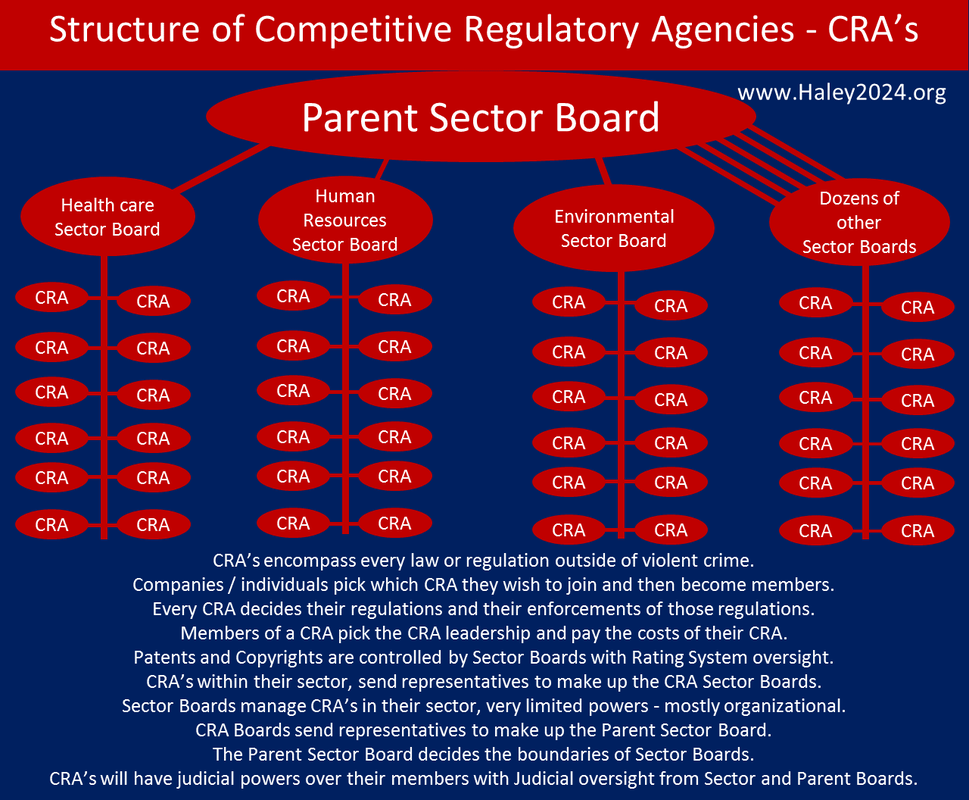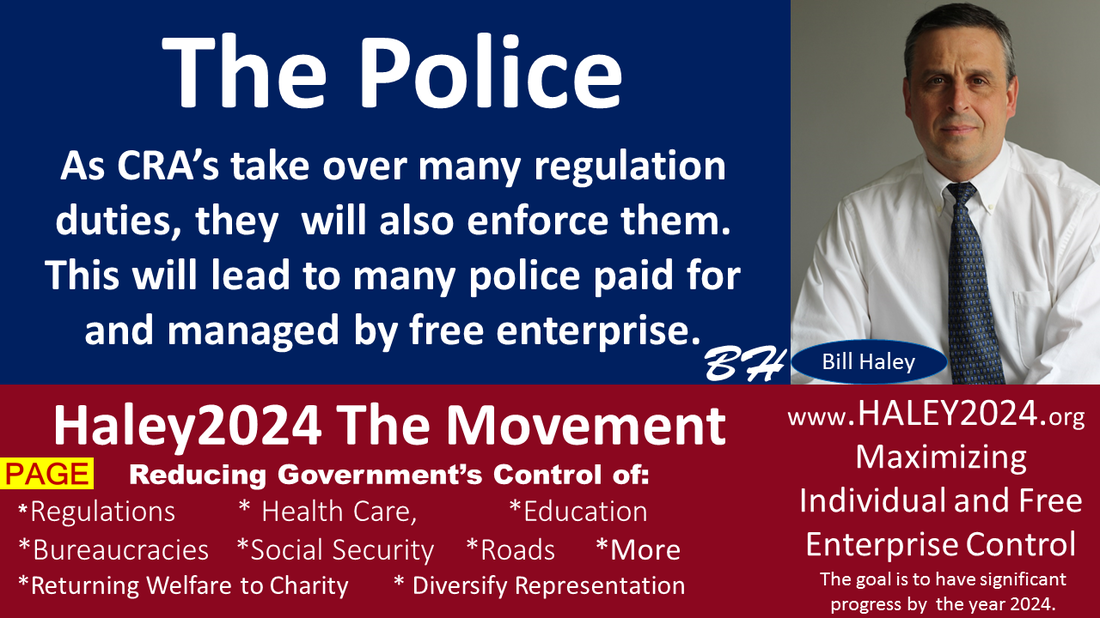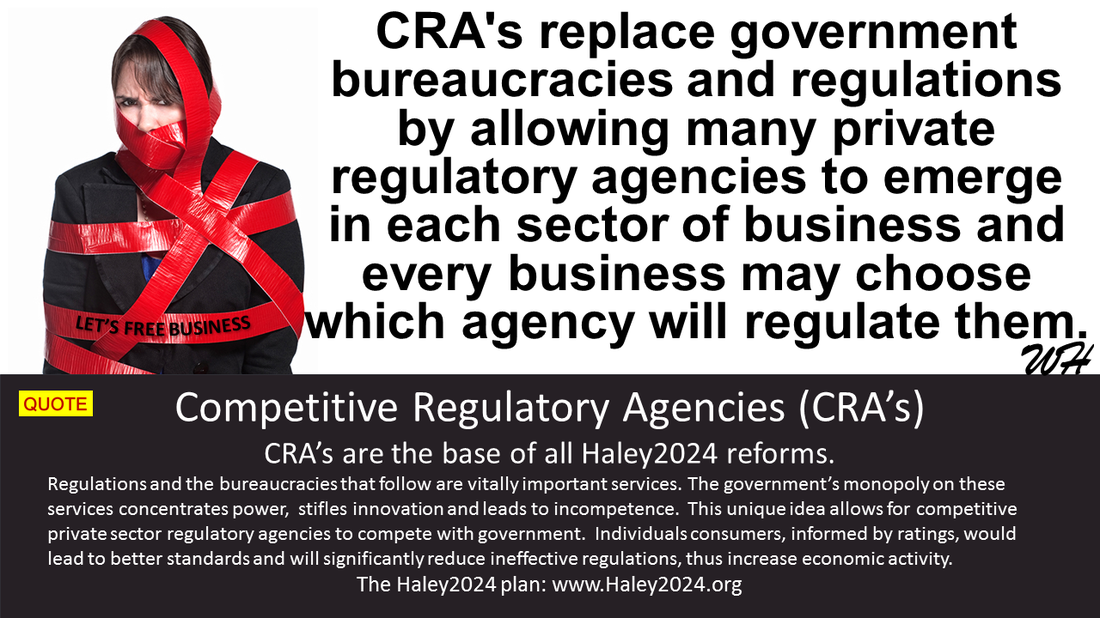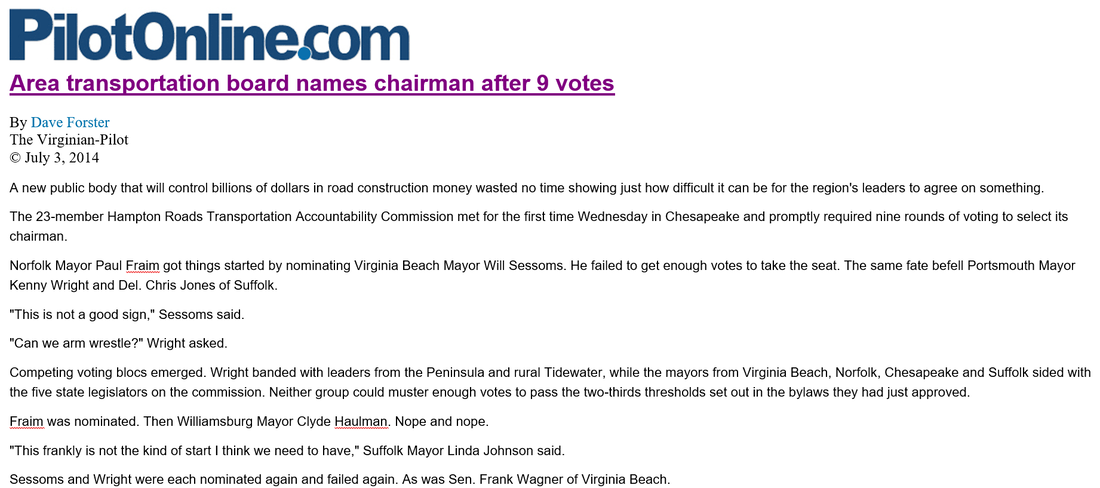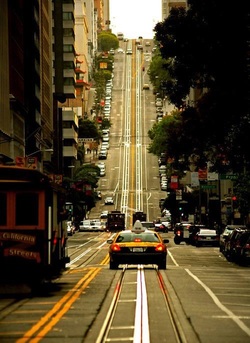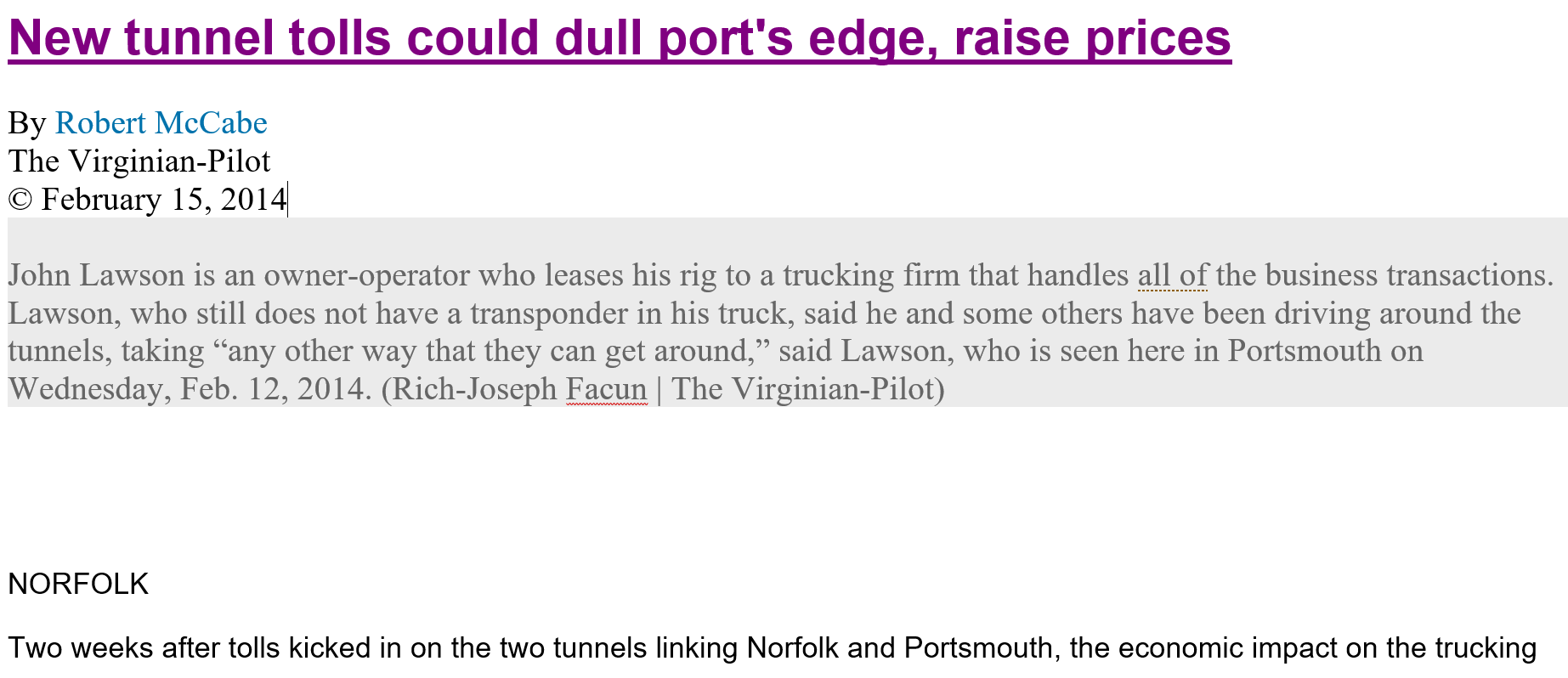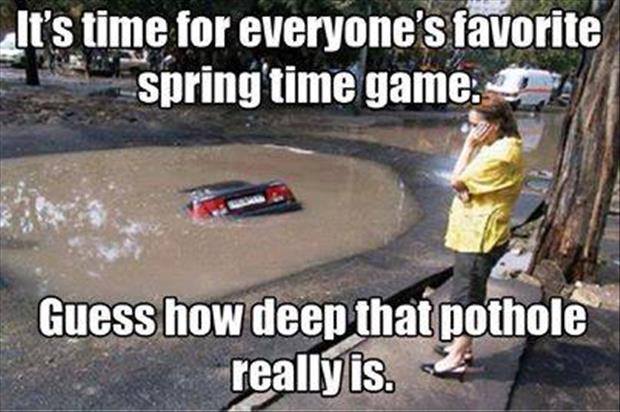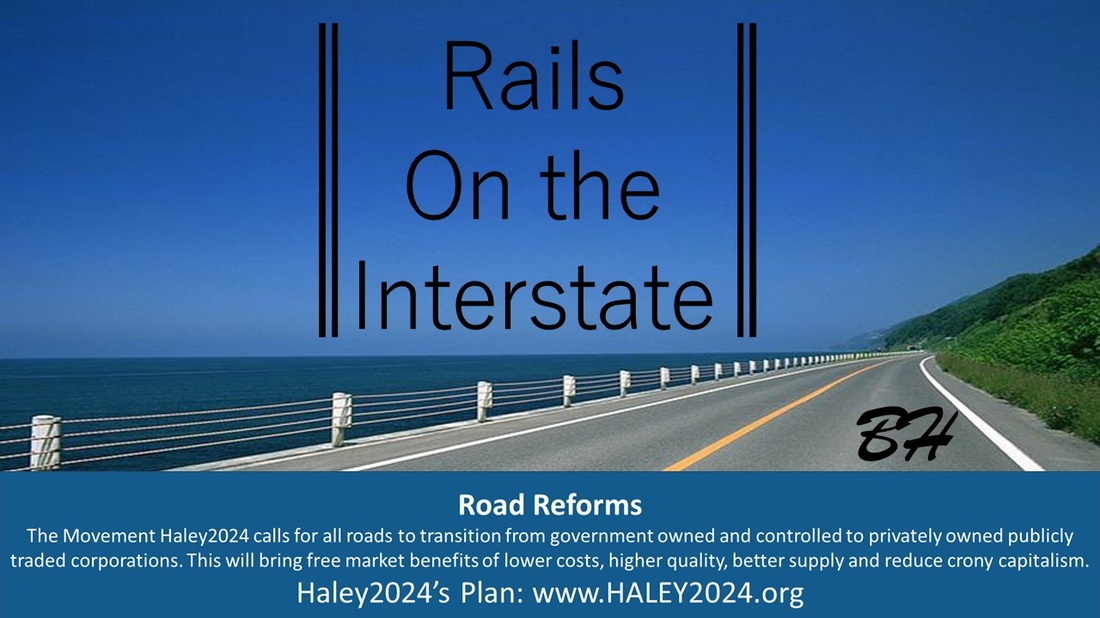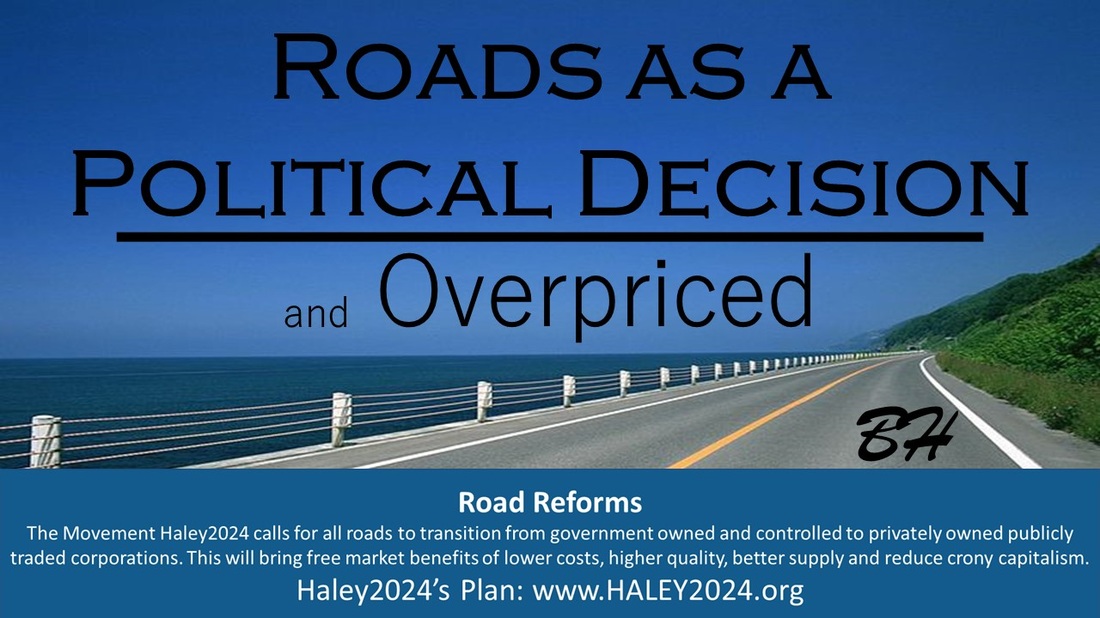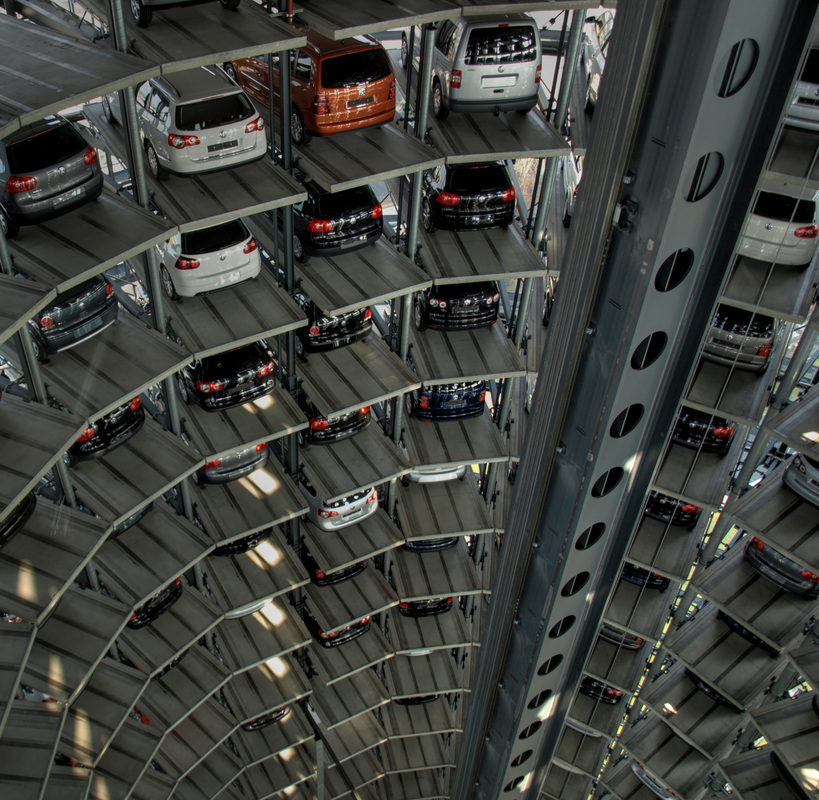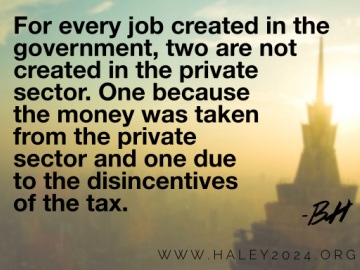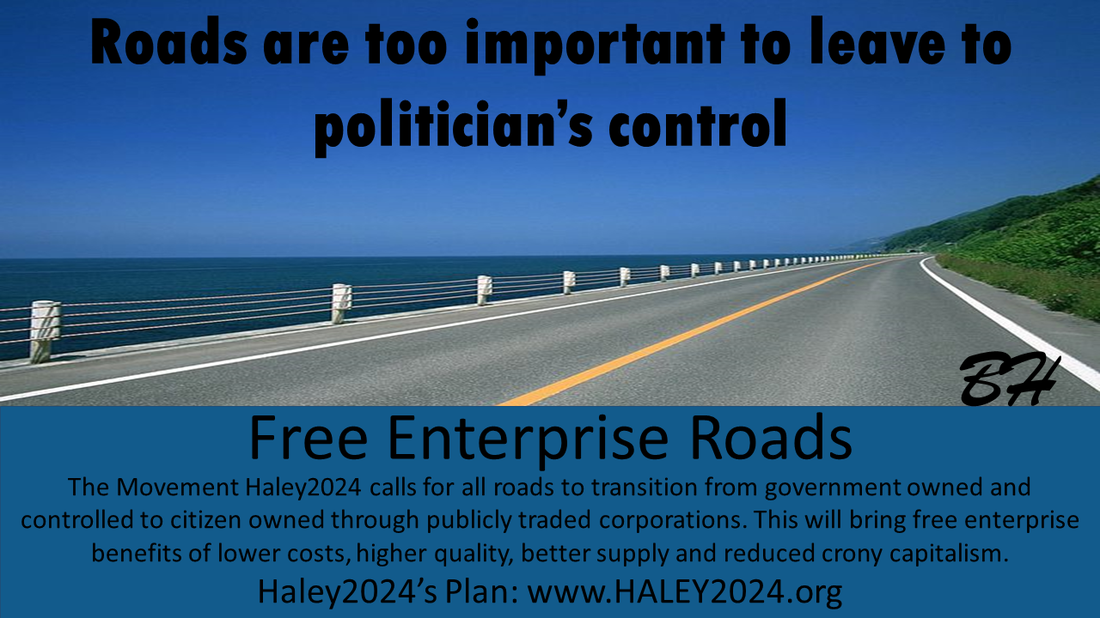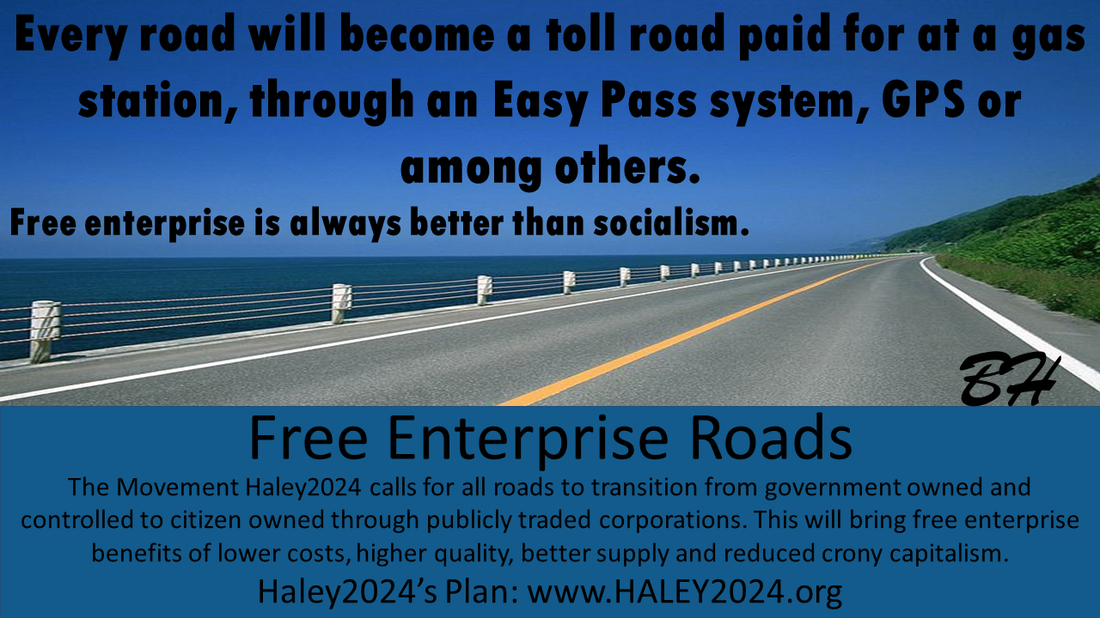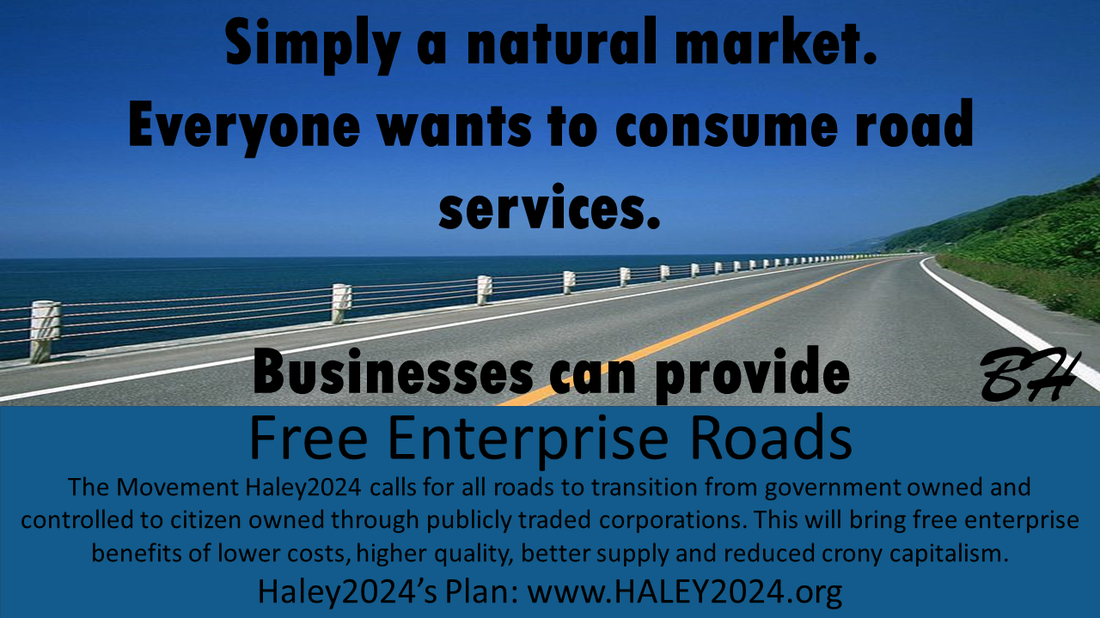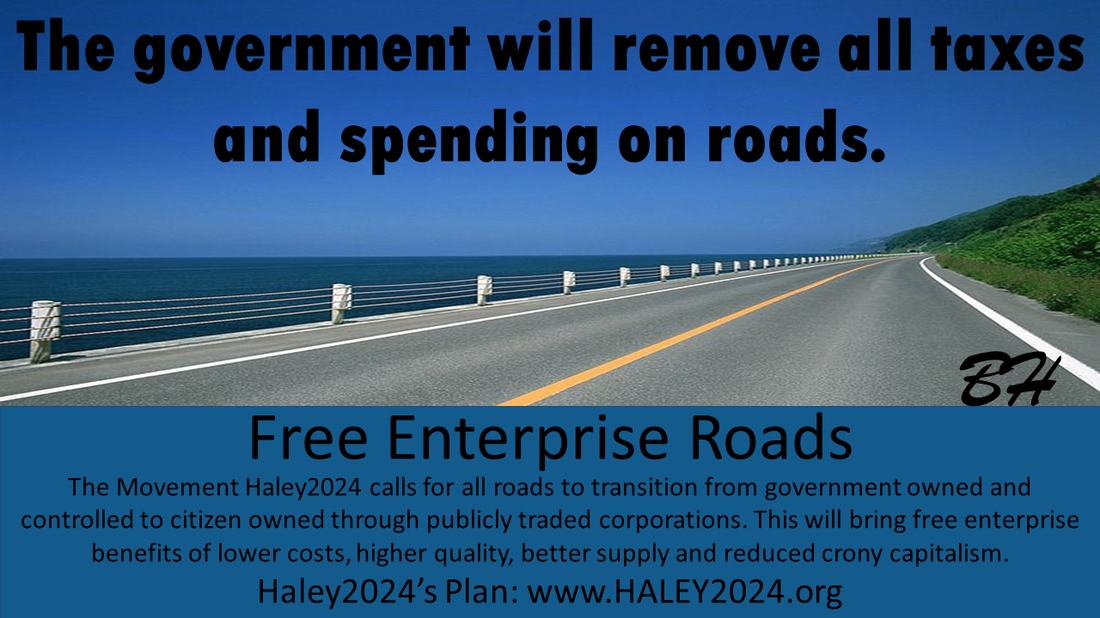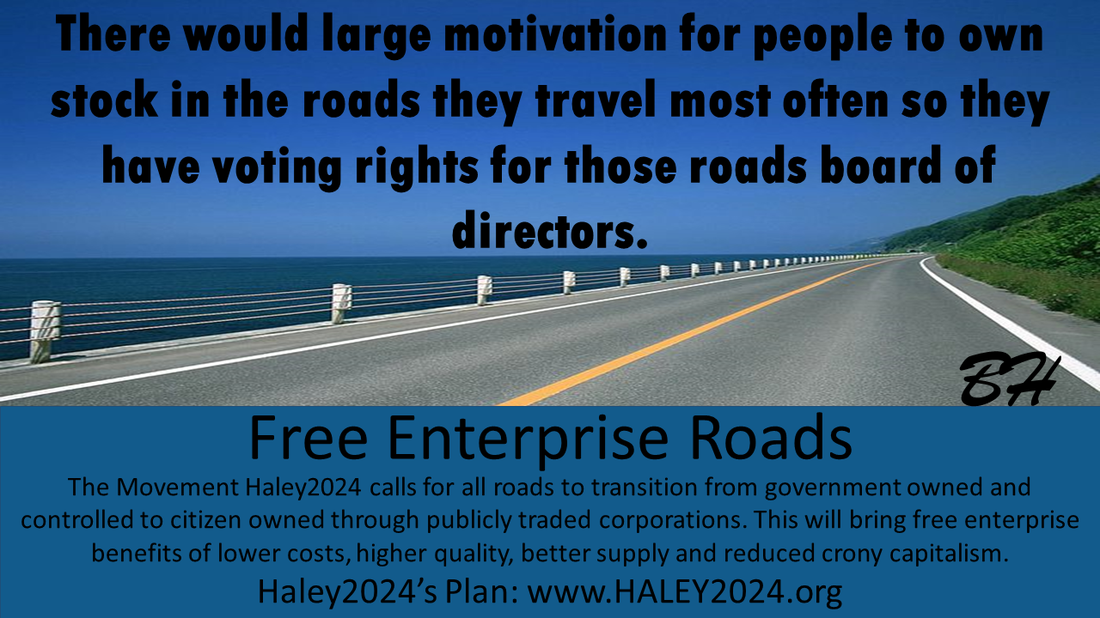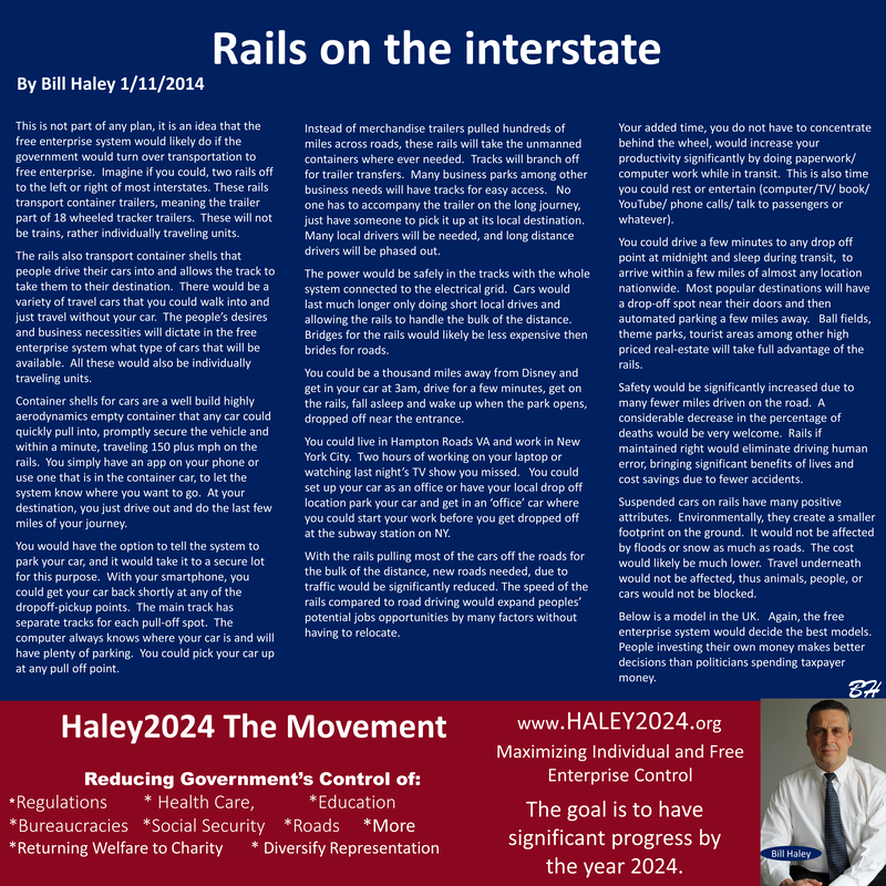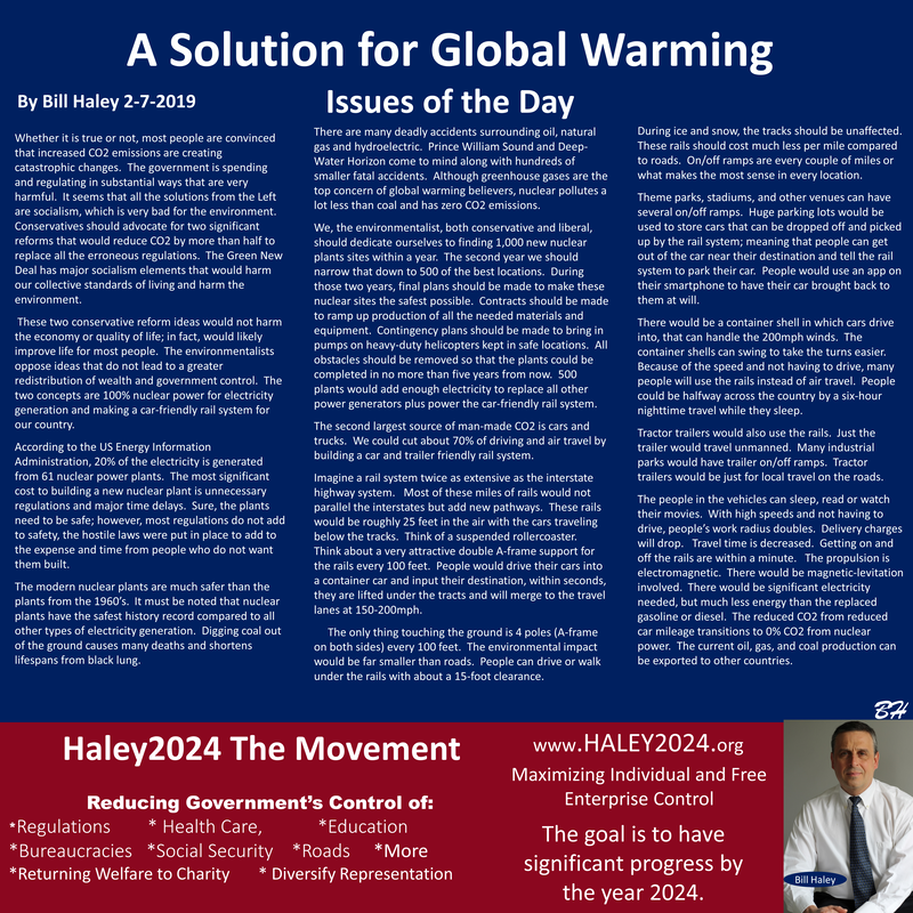| Do we have citizens checking up and demanding input for free enterprise businesses? Do we need accountability, on an institution that consumers of a good or service, have choices whether to use that business? In the free market, this just does not happen. Profit and loss is accountability in the free market. |
| Those challenges can be dealt with by creating a structure with ratings listed in ‘ROADS.’ The negative externality of socialism in the current road structure is far worse. Because there are a few challenges, it does not require massive socialism in that sector of the economy. The free enterprise benefits are lost with a massive government takeover. |
| Below is a story about roughly a dozen mayors across Hampton Roads VA coming together to decide how to spend Billions of tax dollars for roads. This has fundamentally high incentives to be corrupt. This does not even need to be intentional, road builders and their subcontractors could be contributing to the mayor's campaigns, and some of these could be well hidden by layers of contractors. |
| Hundreds of businesses around the area will be highly financially impacted by their decisions on where the roads go or which roads are improved. Real estate developers among others have high stakes on transportation around their property. Some politicians even have consultant businesses on the side that business owners could hire in ‘no show’ jobs or highly inflated rates, to compensate politicians/consultants that vote in a way that helps that business. |
| While public input is highly significant, it is incredible that the Libertarian Party is fighting over these versus calling for the government to turn this sector of the economy over to free enterprise. Price is the best tool for achieving the optimal amount of roads and the best placements and quality of the roads. |
By Dave Forster
The Virginian-Pilot
© February 21, 2015 VIRGINIA BEACH
The Hampton Roads Transportation Accountability Commission will decide over the coming years how to spend billions of dollars in tax revenue and whether to impose tolls on the region's biggest road projects.
It's that kind of power that makes it a no-brainer to some who follow the commission that the public should have a larger voice along the way.
Members of the Hampton Roads Tea Party are pushing for the public's right to speak on every agenda item as it comes before the commission, rather than having only one chance to talk at meetings - near their start - as is done now.
The idea has found support in the General Assembly, where a bill on the issue passed a Senate committee 12-2 this week. There is some opposition back in Hampton Roads, however.
"As I recall, we do allow public comment at the opening of the meeting," said Virginia Beach Mayor Will Sessoms. "To the best of my knowledge, that's been quite sufficient."
Sessoms was the lone dissenter on his City Council this past fall to a provision in its legislative agenda that asked the Assembly to pass a law allowing public comment on any agenda item, resolution or motion by the Transportation Accountability Commission.
Sessoms said Friday that he would support allowing additional public comment on items if they are added late to an agenda and not publicized.
The commission's voting members are five state lawmakers and the chief elected officer from 14 cities and counties. They control a revenue stream from regional sales and fuel taxes that will be used to fund Hampton Roads' most expensive road, bridge and tunnel projects. Those taxes generated $170 million in 2014. The General Assembly created the commission last year to manage the money and finance projects.
Waverly Woods, chairwoman of the Hampton Roads Tea Party, said her group is seeking the same opportunity for the public to speak on matters before the commission as people have at their city council meetings.
"Why wouldn't our input be valuable since we are footing the bill?" she asked.
The commission allows people to speak for five minutes near the beginning of meetings. Reid Greenmun, a Hampton Roads Tea Party member who often takes time away from his job as a business analyst to attend the commission's early afternoon meetings, said "it's impossible to deal with all the things they're going to cover" in that time.
A bill (SB1459) by Sen. Jeff McWaters, R-Virginia Beach, and Sen. John Cosgrove, R-Chesapeake, would require the Hampton Roads commission to allow five minutes of public comment before each vote on a project, facility or service.
It passed the Senate Transportation Committee on Wednesday. Sen. Frank Wagner, a Virginia Beach Republican who serves as vice chairman of the commission, is also listed as a patron of the bill; he abstained from Wednesday's vote.
Greenmun said he'd like to see time for public comment on agenda items as they come up, not right before a vote, "when everybody's already made up their mind."
He nonetheless supports the bill that's moving through Richmond.
"It's still more than we have now," he said.
Dave Forster, 757-222-5005, [email protected]
The Virginian-Pilot
© February 21, 2015 VIRGINIA BEACH
The Hampton Roads Transportation Accountability Commission will decide over the coming years how to spend billions of dollars in tax revenue and whether to impose tolls on the region's biggest road projects.
It's that kind of power that makes it a no-brainer to some who follow the commission that the public should have a larger voice along the way.
Members of the Hampton Roads Tea Party are pushing for the public's right to speak on every agenda item as it comes before the commission, rather than having only one chance to talk at meetings - near their start - as is done now.
The idea has found support in the General Assembly, where a bill on the issue passed a Senate committee 12-2 this week. There is some opposition back in Hampton Roads, however.
"As I recall, we do allow public comment at the opening of the meeting," said Virginia Beach Mayor Will Sessoms. "To the best of my knowledge, that's been quite sufficient."
Sessoms was the lone dissenter on his City Council this past fall to a provision in its legislative agenda that asked the Assembly to pass a law allowing public comment on any agenda item, resolution or motion by the Transportation Accountability Commission.
Sessoms said Friday that he would support allowing additional public comment on items if they are added late to an agenda and not publicized.
The commission's voting members are five state lawmakers and the chief elected officer from 14 cities and counties. They control a revenue stream from regional sales and fuel taxes that will be used to fund Hampton Roads' most expensive road, bridge and tunnel projects. Those taxes generated $170 million in 2014. The General Assembly created the commission last year to manage the money and finance projects.
Waverly Woods, chairwoman of the Hampton Roads Tea Party, said her group is seeking the same opportunity for the public to speak on matters before the commission as people have at their city council meetings.
"Why wouldn't our input be valuable since we are footing the bill?" she asked.
The commission allows people to speak for five minutes near the beginning of meetings. Reid Greenmun, a Hampton Roads Tea Party member who often takes time away from his job as a business analyst to attend the commission's early afternoon meetings, said "it's impossible to deal with all the things they're going to cover" in that time.
A bill (SB1459) by Sen. Jeff McWaters, R-Virginia Beach, and Sen. John Cosgrove, R-Chesapeake, would require the Hampton Roads commission to allow five minutes of public comment before each vote on a project, facility or service.
It passed the Senate Transportation Committee on Wednesday. Sen. Frank Wagner, a Virginia Beach Republican who serves as vice chairman of the commission, is also listed as a patron of the bill; he abstained from Wednesday's vote.
Greenmun said he'd like to see time for public comment on agenda items as they come up, not right before a vote, "when everybody's already made up their mind."
He nonetheless supports the bill that's moving through Richmond.
"It's still more than we have now," he said.
Dave Forster, 757-222-5005, [email protected]
